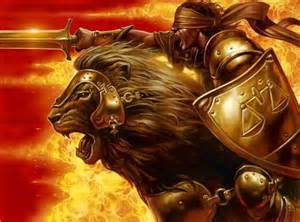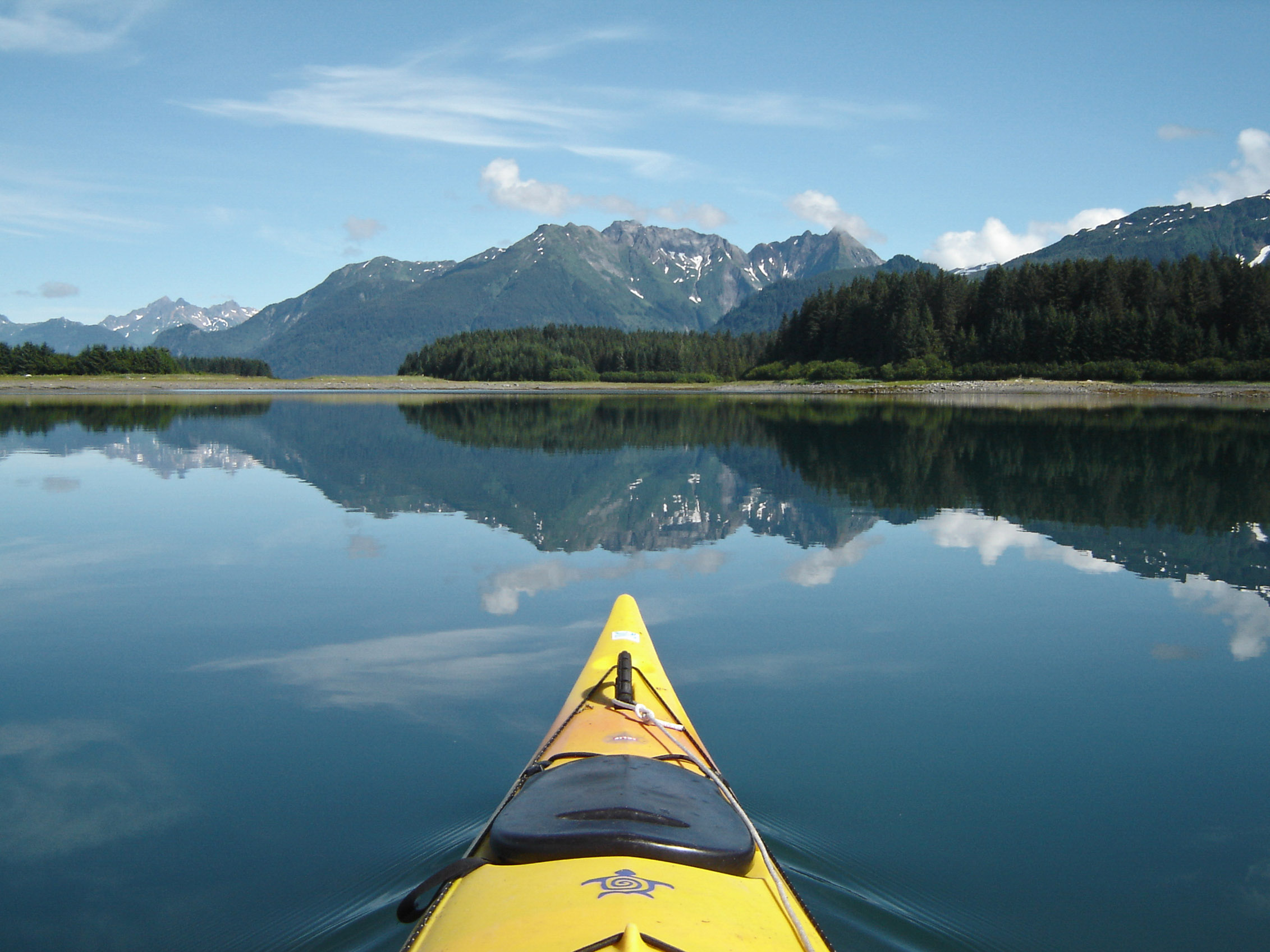This issue examines the real parable of the mustard seed.
SINCE YOU ASKED
If you lived through the 70’s you probably remember the craze when lots of Christian women wore a necklace with a mustard seed encased in a small glass ball. It was a reflection of Jesus’ parable of the mustard seed (Mark 4:31-34) where He compares this tiny seed to the kingdom of God. In His discourse, He calls the mustard seed the smallest of all seeds. He also says that it becomes larger than all the garden plants and that the birds would nest in its large branches. His point is that the kingdom of God would, likewise, grow from the tiniest of beginnings to the greatest in the universe.
Bible critics love this verse. They love to use it as proof that the Bible is full of errors. They claim that there are many seeds that are smaller. They can give the botanical name, show the size of the seed, and make a strong case. This has posed some serious problems for Christian scholars. If it really isn’t the smallest seed, then Jesus description of the kingdom of God falls apart. Christian “scholars” have gone through all sorts of gyrations to explain away the contradiction. Through a recent study in bibliology by Dr. Carl Broggi of Search the Scriptures, I have learned some of these “interesting” explanations. One is that Jesus engaged in a proverbial statement that people used in Christ’s day when referring to something unusually small. The problem here is that Jesus’ comparison of the mustard seed with all other seeds takes it out of the realm of a proverbial statement. Others have argued that the mustard seed was the smallest of the garden seeds known in Israel at the time of Christ. The problem here is that the Bible says “smaller than all seeds,” not the “seeds of Israel.” Similar arguments have been made regarding the ultimate size of the mustard plant.
AS I SEE IT
So what do Christians do with this apparent contradiction? Do we continue to “make excuses” or do we trust the Word of God and take a closer look? I highly recommend the closer look. In this case, a closer look reveals that what people mistook for the mustard seed was actually the seed pod. Break it open and you find a pod full of tiny dust-like particles. These particles are actually the seeds, and there are none smaller…anywhere. It also turns out that in Palestine there are two varieties of mustard trees. One grows 10 to 12 feet tall. The other grows to 25 feet in height. It turns out that Jesus knew exactly what He was talking about. Imagine that.
My point is that when you encounter an apparent discrepancy between the Bible and what is believed to be “science,” put your money on the Bible. It is truly an amazing book. There is none like it.
The truth of the Bible must be applied to be of value. Check out HOW TO KNOW YOU’RE HEAVEN BOUND.
ON THE LIGHTER SIDE
If people from Poland are called Poles, why aren’t people from Holland called Holes?






Leave A Comment